Liberation: At Home, In The Garden
Today, we hear from Alessandra Rolffs, Ph.D., a brilliant, brave, and badass human who finds liberation in the garden.
At least once a month in 2024 we will hear from humans who help us see learning, leadership, and liberation in new and everyday ways, holding the precious truths, and focusing our eyes to see.
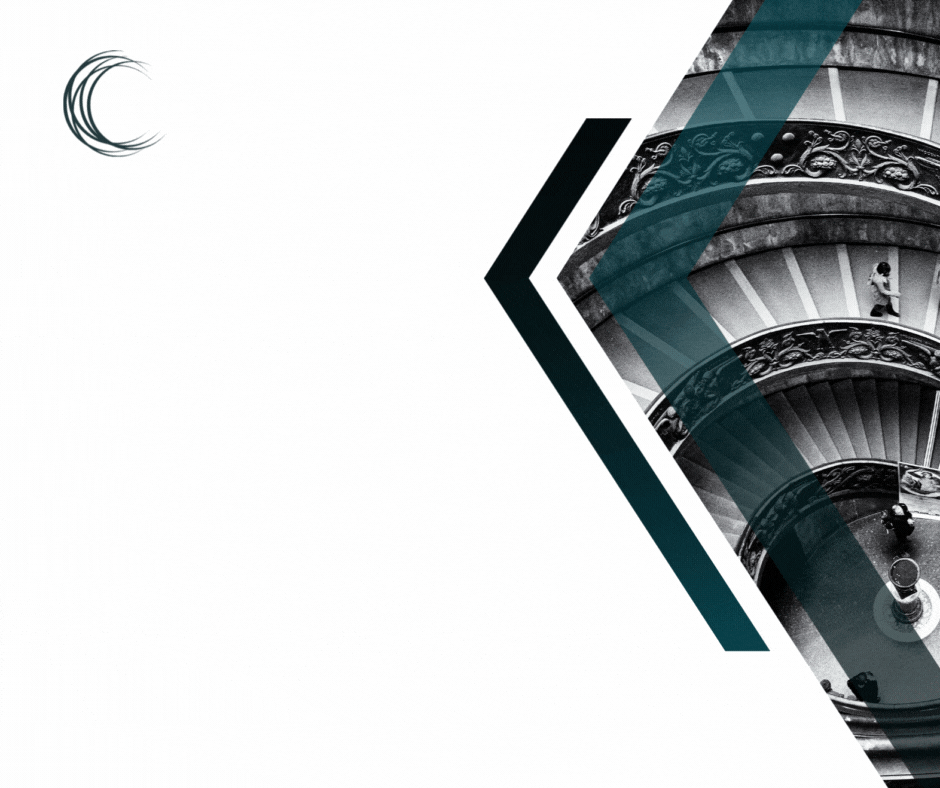
Heartfelt thanks to you, Alessandra, for sharing your wise reflections with us.
Fellow leaders and learners, I wish you courage, rest, and beloved community along the journey.

 The climate crisis is real. At a scale and with costs that are unfathomable. In The Overstory by Richard Powers one main character decides the best thing she can do for the earth is die. This fictional character has real-world inspiration from climate activists such as those who set themselves on fire to make a point that fossil fuel is literally killing us. The motivation (and the hopelessness) of these acts, I believe, is in experiencing awe of nature, but locating oneself outside of nature, an enemy whose very presence destroys the marvelous.
The climate crisis is real. At a scale and with costs that are unfathomable. In The Overstory by Richard Powers one main character decides the best thing she can do for the earth is die. This fictional character has real-world inspiration from climate activists such as those who set themselves on fire to make a point that fossil fuel is literally killing us. The motivation (and the hopelessness) of these acts, I believe, is in experiencing awe of nature, but locating oneself outside of nature, an enemy whose very presence destroys the marvelous.
As an environmentalist, to me, liberation is finding home within nature — understanding ourselves as part of the marvelous. In Braiding Sweetgrass, writer and botanist Robin Wall Kimmerer calls this reciprocity: “Each person, human or no, is bound to every other in a reciprocal relationship. Just as all beings have a duty to me, I have a duty to them. If an animal gives its life to feed me, I am in turn bound to support its life. If I receive a stream's gift of pure water, then I am responsible for returning a gift in kind.” With a posture of reciprocity we are located within nature, able to receive abundance and return kindness. Her writing demonstrates what this kind of reciprocity can look like:
- Singing Amazing Grace on a forest hike with students she once felt at odds with due to different world views
- Foraging and asking permission to harvest.
- Not harvesting with greed, taking only what is needed
- Gardening
- Helping salamanders cross a road and working toward supporting biodiversity even in cities
- Observing rain drops on tree leaves, quietly
To find home in nature, we must find our bodies in nature. We must garden. We must be in the woods or in the ocean or at the lakeside. We must have access to nature. These activities may sound like they are only be available to the privileged, but Ross Gay’s meandering and hypnotizing essay “We Kin (The Garden: The Third Incitement)” found in his book Inciting Joy reminds us that it is actually disprivilege that prevents people from having access to the earth.
In his words: “One thing I want to be cautious of — by which I really mean refuse — are the ways we sometimes consider, for instance, gardening (or health or healthcare or potable water or clean air or pleasant and stable housing or decent jobs or good schools or libraries or living relatives or being unabused or having 'free time' or not being imprisoned or not living near a power plant or an incinerator or a landfill or a million acres of corn or soybeans sprayed with toxins) a privilege, which actually obscures the fact that to be without a garden, or to be without green space, or to be without access to a park or clean water or the forest or fruit trees or birdsong or shade or a deep and abiding relationship with a tree, or to be without health care, and so often to be without health, is violence, it is abnormal (even if it is the norm), and it is an imposition of precarity that is not natural.”
As an environmentalist, I hope my work invites more people into the liberatory space of nature. To remind us what is at stake — why this connection with nature is a critical part of liberation — I turn to bell hooks' short and powerful essay, “Earthbound: on solid ground.” She recalls that when black people lived an agrarian lifestyle they had a better understanding of themselves as a valuable part of nature. She argues, “Working the land was the hope of survival. Even when that land was owned by white oppressors, masters and mistresses, it was the earth itself that protected exploited black folks from dehumanization.”
Finding home in nature dislodges us from patriarchy, racism, and capitalism. It liberates us from being a piece of property or product in someone else’s definition of success. It returns us to our humanity. The give and get, the relationship and reciprocity of the garden are not based on fear, withholding power, ever expanding markets, scarcity, or manufactured desire. The garden is a space of sharing power and knowledge, time and space, sharing delight, satisfying hunger with nourishing foods, it is a relationship with soil and listening to birds, it is understanding our basic dependence on water, earth, sunlight, our bodies.
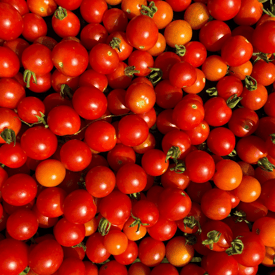 This year at Gathering Ground (the nonprofit farm I help manage), we started a community garden. One large garden where everyone could come plant, weed, water, tend, harvest as they were able. Our motto: “Work a little, harvest a little.” We planted cherry tomato seeds. What the sun and rain and soil returned to us was an abundance of cherry tomatoes. Gardeners harvested, ate salads, made bruschetta, and shared their harvest. “Go and harvest more!” we would say to our neighbors. “Please!” We welcomed people who had not planted or weeded to come and harvest and eat. As we welcomed more and more people into the garden, more people experienced the quiet beauty of the place, the tangled vines, the big sky, the sweet tomatoes.
This year at Gathering Ground (the nonprofit farm I help manage), we started a community garden. One large garden where everyone could come plant, weed, water, tend, harvest as they were able. Our motto: “Work a little, harvest a little.” We planted cherry tomato seeds. What the sun and rain and soil returned to us was an abundance of cherry tomatoes. Gardeners harvested, ate salads, made bruschetta, and shared their harvest. “Go and harvest more!” we would say to our neighbors. “Please!” We welcomed people who had not planted or weeded to come and harvest and eat. As we welcomed more and more people into the garden, more people experienced the quiet beauty of the place, the tangled vines, the big sky, the sweet tomatoes.
Everyone should have access to that feeling of abundance and cared-for-ness and open sky. This is what liberation looks like to me: a mouth full of sweet sun-warmed fruit, a hand extended inviting others to join, feet in the soil, sweat from a nourishing labor.
![]()

What Alessandra is Reading/Watching/Listening to for inspiration:
- Inciting Joy by Ross Gay
- Building Community Food Webs by Ken Meter
- Poems and essays by Ada Limon, Aimee Nezhukumatathil, Kimberly Blaeser, Naomi Shihab Nye
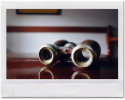 L3 Catalyst Group Blogs Related to Learning & Leadership:
L3 Catalyst Group Blogs Related to Learning & Leadership:
- S’More Synergy-Learning, Leadership, & Liberation by Maleika Brown
- Leadership Toward Liberation by Jazz McKinney
- Liberation: Navigating the Mess to Be Yourself by D.L. McKinney
- Dissipating the Shadow of Expertise by Dr. Marlene Kowalski-Braun
- Leadership Toward Liberation by Jazz McKinney
- Leading for Racial Change Starts Within by Dr. Trudi Perkins
- Staying Curious to Learn by Holly Bechiri
- Leading by Example by Ken Miguel-Cipriano
- Be the Change by Bela Bhasin
- Learning is Relationship by Natalie Williams
- Creating Learning Environments by Megan Kizer
- Unlearning and Learning
- Leadership + Learning + Perfection

January 17, 2024


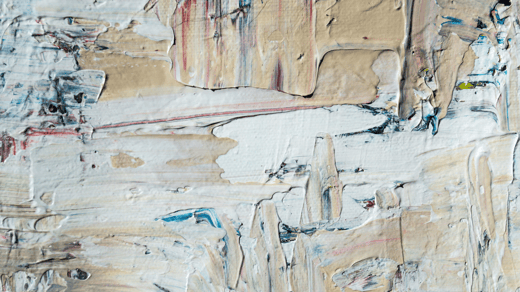
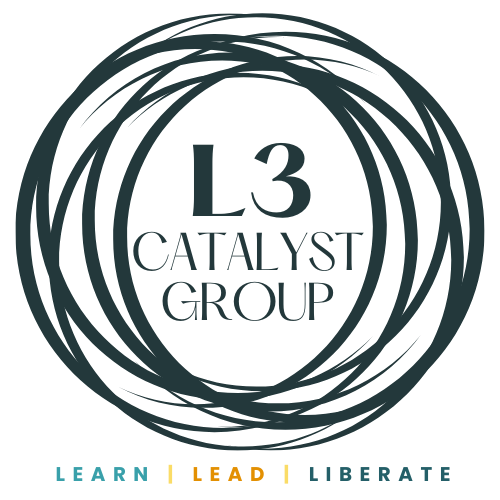
Comments